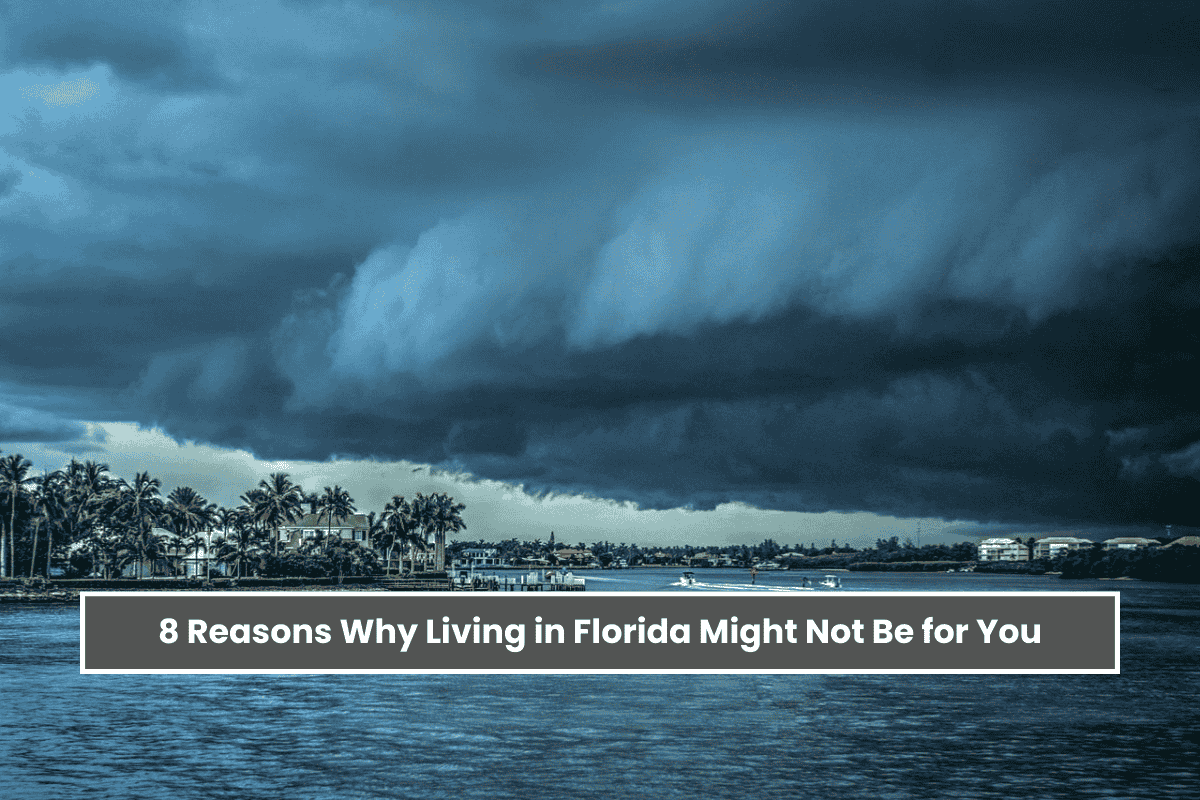The Senate Judiciary Committee advanced a bill on Thursday, March 27, 2025, that targets out-of-state providers or entities that send abortion-causing medications to West Virginia. (Will Price, West Virginia Legislative Photography)
A bill moving through the Senate would make it a felony to prescribe or distribute abortion medications to West Virginia residents, except in limited circumstances where the procedure is legal in the state.
The Senate Judiciary Committee referred Senate Bill 85 to the full Senate on Thursday. Senators are expected to vote on the legislation next week.
With few exceptions, abortion has been illegal in West Virginia since 2022. Abortion via telehealth is also illegal in the state.
Senator Patricia Rucker, R-Jefferson, one of the bill’s sponsors, stated that the goal of Senate Bill 85 is to halt the flow of abortifacients into the state for the purpose of illegal abortion. The bill seeks to impose the state’s abortion ban on out-of-state entities or physicians who distribute the medication to West Virginia residents.
A person who is not a licensed medical professional faces three to ten years in prison if they violate the law. The bill states that licensed medical professionals could have their licenses revoked.
While the legislation attempts to prevent out-of-state providers from violating West Virginia law, an attorney for the judiciary committee stated that the issue of enforcement will most likely be decided in federal court.
According to the Associated Press, a New York doctor was charged with a felony last month in Louisiana for allegedly sending abortion pills to a pregnant minor. New York Gov. Kathy Hochul has refused to extradite the doctor to face the charges.
New York has a shield law that protects abortion providers who prescribe the medication to patients in states where abortion is illegal.
Kelly Lemon, a nurse midwife, testified that some medications classified as abortifacients have numerous other applications in healthcare. Lemon stated that the state’s existing abortion laws have already prevented some of her patients from receiving misoprostol for hemorrhage management and caused delays in care for miscarriage treatment.
“My biggest concern with this bill is that it’s going to further create barriers to how we can get these medications to people when they need it,” she told the audience. She said that if the bill becomes law, it would cause care delays and drive health providers out of the state.
Rucker responded that the bill states that pharmacists who fill a valid prescription issued by a licensed medical professional or a physician performing a procedure for a legitimate reason do not violate the law.
Kristin Hawkins, president of Students for Life Action, testified that the bill would close many loopholes in charging physicians and entities who send abortion medication to states where the procedure is illegal. Hawkins stated that there are websites where people can order abortion pills, seemingly without a doctor’s approval.
Emily Womeldorff, director of policy and campaigns for Planned Parenthood South Atlantic, stated that the bill is part of a larger effort to instill fear and stigma around reproductive health care.
“This bill is a gross overreach of state authority,” Womeldorff argued. “It threatens enforcement against health care providers who are not located in West Virginia, and our government has no jurisdiction over health care providers who provide care outside of our state’s borders.
Sen. Joey Garcia, D-Marion, was the only lawmaker to speak out against the bill, calling it bad policy that would jeopardize a woman’s access to medical care.















